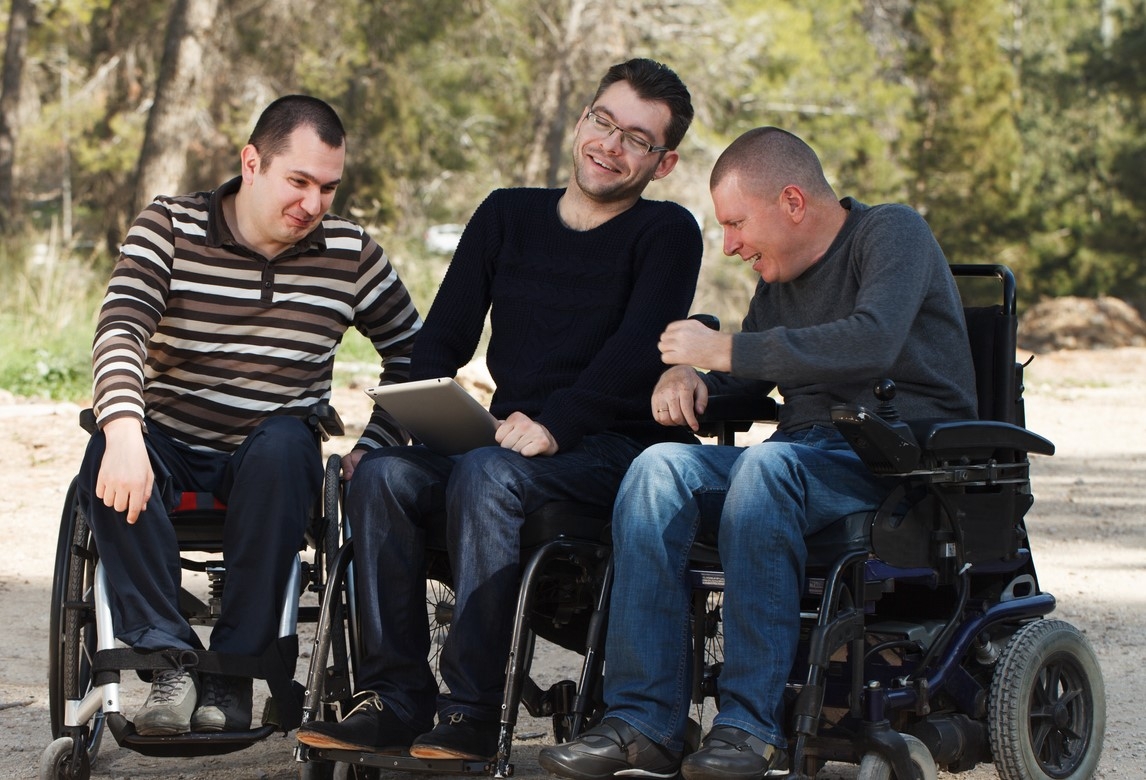
Persons with disabilities need accommodations and supports, not medically assisted death
By Robin Acton
As the mother of a young woman with an intellectual disability and the wife of someone with a significant physical disability, I know full well the value and meaning of their lives. Their lives, like my own, are defined by who they are, who they love, their passions and pursuits, and not by their disability. The only difference is they need accommodations and supports to live a good life.
Yet it seems our federal government views persons with disabilities differently.
Our federal government sees people who have a disability as suffering souls who deserve a fast track to an assisted death. Painting them as such is abhorrent, of course. But that is exactly what Bill C-7, a bill to amend Canada’s Medical Assistance in Dying (MAiD) legislation, does.
Bill C-7 is indicative of a gross lack of understanding about the lives of people who have a disability. If this legislation is passed, Canadians with a disability will be able to access MAiD even though their death may not be reasonably foreseeable. To be clear, this is state sanctioned suicide for people who may have otherwise had many years of life left, and it puts the lives of Canadians who have a disability at risk.
If passed, Bill C-7 will say to all Canadians that the lives of people with disabilities are not worth living; that they are better off dead. It will enshrine a medical model of disability that views people with disabilities as a disease for which there is no cure.
Requiring accommodations and supports to thrive does not make a person living with a disabling condition any less deserving of the rights enshrined in the Charter of Rights and Freedoms. The Charter is supposed to guarantee their freedom from discrimination based on disability, not enable their lives to be ended by state supported suicide.
For a court to have torn the Charter apart by protecting only some vulnerable Canadians from assisted suicide, and not all, tears at the very heart of Canadian values — and at my heart, as a mom and a wife.
Bill C-7 equates disability to suffering.
Of course, many people with disabilities experience physical and psychological pain. But they also endure pervasive discrimination. Research shows that such discrimination often results in social isolation, poverty, poor health care and institutionalization. The stress resulting from these realities also causes great psychological suffering.
Sadly, the remedy the government offers is to end lives rather than end discrimination.
If this pandemic has taught us anything at all, it has taught us about the debilitating effects of loneliness and financial insecurity on everyone. This is, and has been, the everyday reality for many people who have a disability long before COVID-19. This suffering can be alleviated; it is not irremediable.
How is it then that a solution to the suffering of people with disabilities is a medically assisted death?
We need our parliamentarians to slow down and give this issue the attention and consideration it rightfully deserves. We need to listen to the voices of people with disabilities and their families. We need to hear the pleas of the national disability organizations, virtually all of which oppose this legislation.
Changing access to medical assistance in dying as proposed by Bill C-7 will fundamentally undercut the values of our society. We need to stop it before irreparable harm is made to the lives of the people I love — and the millions of Canadians who have a disability and their families.
Robin Acton is President of Inclusion Canada.













